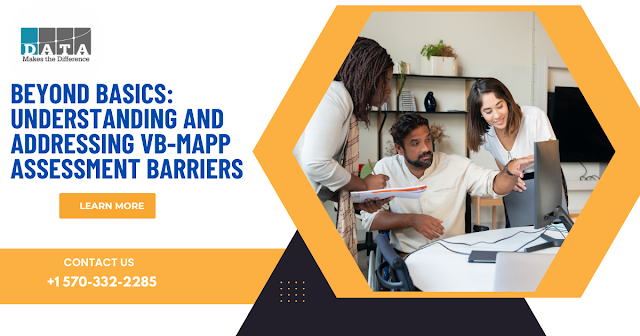What Are the Best Practices for EFL (Essential for Living) Assessment?
%20Assessment.png)
Assessing Essential for Living (EFL) skills is crucial for ensuring that individuals, particularly those with autism or developmental disabilities, are equipped with the necessary abilities to navigate daily life effectively. EFL assessments focus on critical life skills, including communication, daily living, and social interaction, making them indispensable in special education and therapy settings. To maximize the effectiveness of these assessments, educators, therapists, and caregivers should adhere to best practices that ensure comprehensive, accurate, and actionable results. Here are some best practices for conducting EFL assessments: 1. Understanding the Purpose of EFL Assessment Before diving into the specifics of best practices, it’s essential to understand the purpose of EFL assessment . These assessments are designed to identify an individual’s current skill levels, pinpoint areas of need, and guide the development of personalized intervention plans. The ultimate goal is to ...




